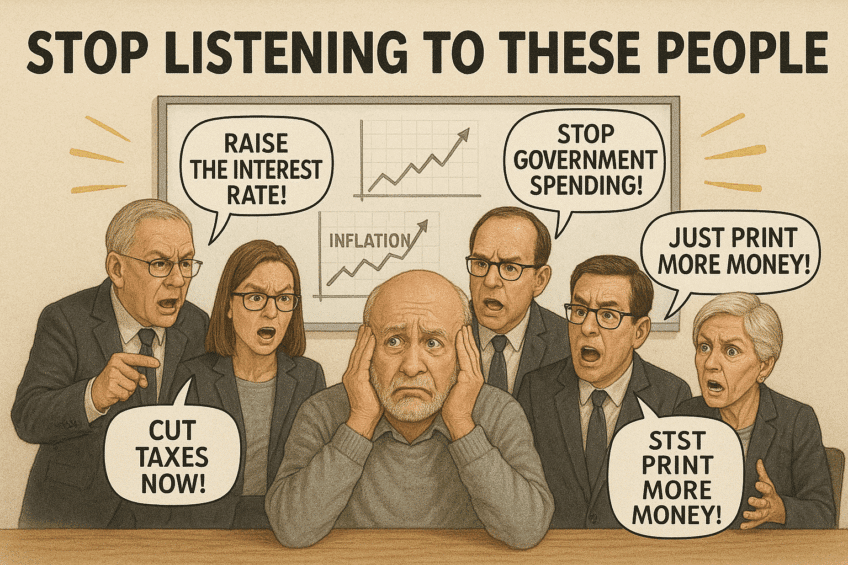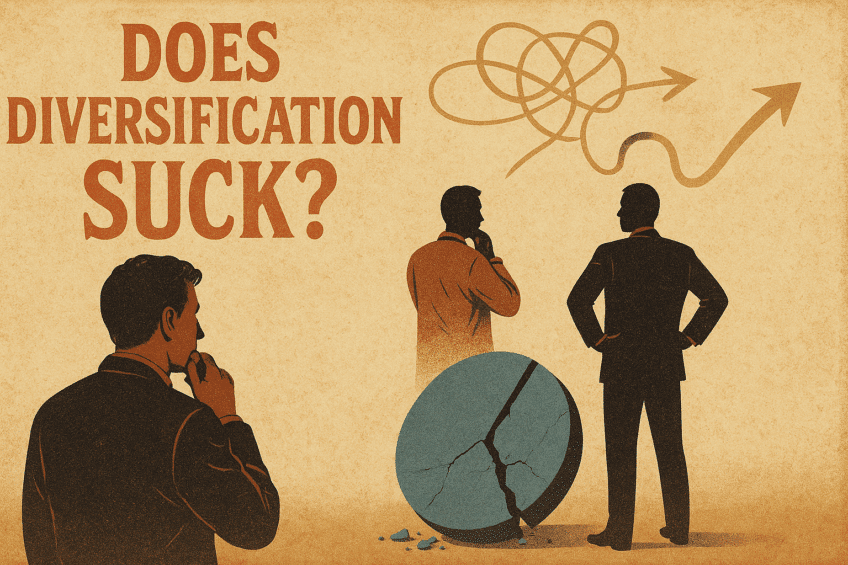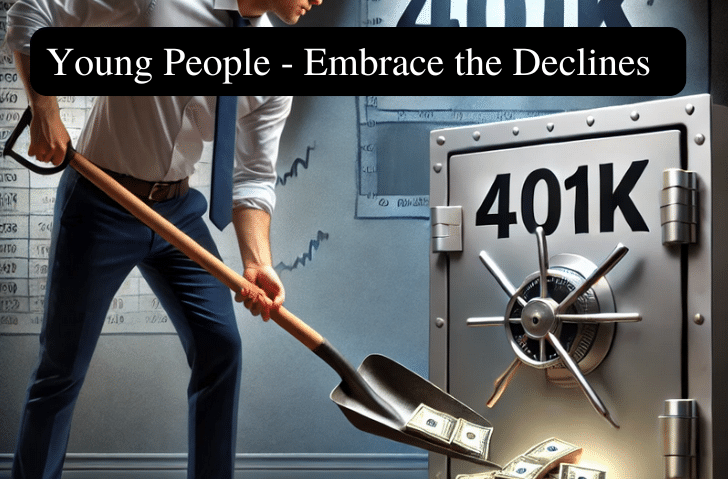Retirement planning is a complex puzzle, and structuring your retirement income is one of its most critical pieces. With life expectancies increasing and economic uncertainties persisting, ensuring a sustainable income stream throughout retirement is more challenging than ever. Numerous strategies and “rules” have emerged to guide retirees in managing their finances, such as the Rule of 240 Paychecks, the ‘Die With Zero’ Rule, the Rule of 1,000 Hours, the Rule of Four Futures, the Rule of $1,000, the Rule of 55, the 80% Rule, the 4% Rule, and the Rule of 25. Each offers a unique perspective on how to approach retirement income, from withdrawal rates to early retirement funding. While these rules provide valuable frameworks, they often overlook critical realities about retirement that can make or break your financial security. This article explores these strategies and emphasizes the importance of a balanced income approach, the unpredictability of life expectancy, and the non-linear nature of retirement. Read More












